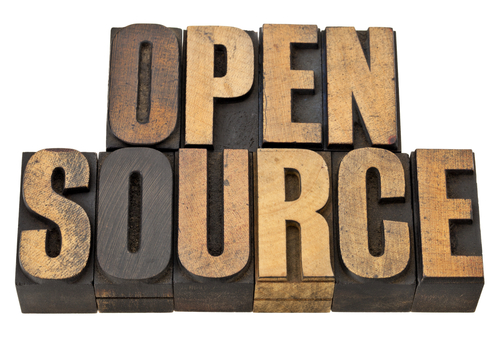

Google is seeking to make web pages load quicker and take up less bandwidth with the launch of a new open source algorithm called Guetzli.
Google said its new algorithm will create “high quality JPEG images with file sizes 35 percent smaller than currently available methods”.
This potentially would allow webmasters for example to create much more compact websites that take less time (and data) to load – a potential boon to smartphone users surfing the web on mobile devices.
According to a Google blog on the matter, Guetzli means cookie in Swiss German and it is a: “JPEG encoder for digital images and web graphics that can enable faster online experiences by producing smaller JPEG files while still maintaining compatibility with existing browsers, image processing applications and the JPEG standard.”
Google said Guetzli is similar to its Zopfli algorithm, which produces smaller PNG and gzip files.
“The visual quality of JPEG images is directly correlated to its multi-stage compression process: colour space transform, discrete cosine transform, and quantization,” wrote Google. “Guetzli specifically targets the quantization stage in which the more visual quality loss is introduced, the smaller the resulting file.”
Google insists that despite Guetzli being able to produce smaller image file sizes, it doesn’t mean it will sacrifice quality.
“…we additionally found that in experiments where compressed image file sizes are kept constant that human raters consistently preferred the images Guetzli produced over libjpeg images, even when the libjpeg files were the same size or even slightly larger,” said Google. “We think this makes the slower compression a worthy tradeoff.”
“It is our hope that webmasters and graphic designers will find Guetzli useful and apply it to their photographic content, making users’ experience smoother on image-heavy websites in addition to reducing load times and bandwidth costs for mobile users,” it concluded.
JPEG files are one of the most commonly used and popular image file formats in the world.
But in 2015, digital right campaigners and the Joint Photographic Expert Group (JPEG), which oversees the JPEG image format, came close to a potential showdown.
That was because Joint Photographic Expert Group was thinking about the possibility of adding Digital Rights Management (DRM) to the JPEG format.
TikTok opens e-commerce shopping in Germany, France, Italy as US future remains uncertain over divest-or-ban…
Discover expert insights on overcoming digital transformation challenges. Learn how to manage change, balance innovation,…
Microsoft drops data centre projects amounting to 2 gigawatts of power consumption as investors question…
SMIC sees revenues rise 27 percent for 2024, but profits fall nearly 50 percent amidst…
Google reassures developers Android to remain open source as it brings development entirely in-house, reduces…
NHS software services provider Advanced Computer Software Group fined £3m over ransomware breach that compromised…